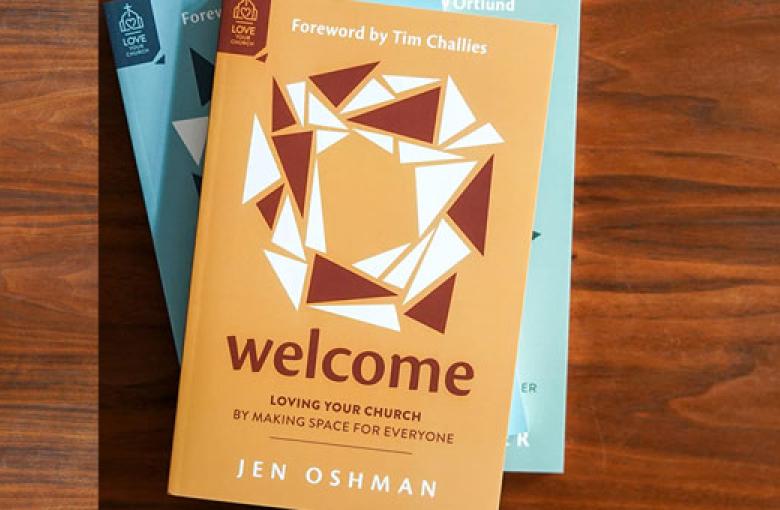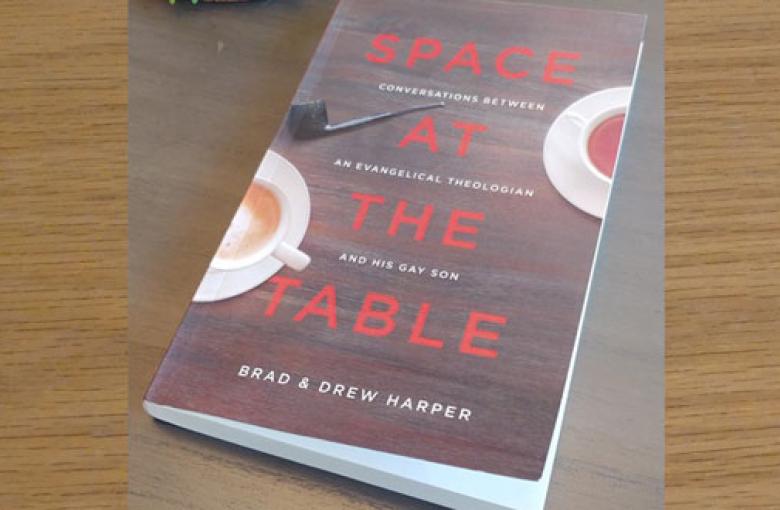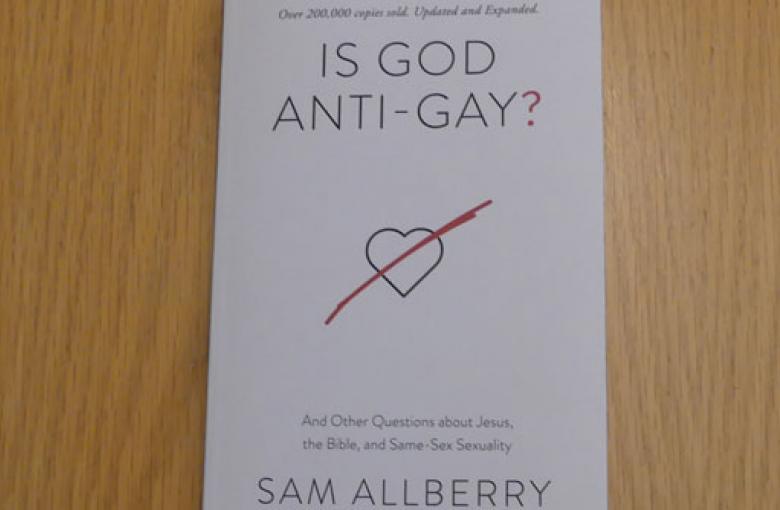I love the format of this book. Although it is short, Jen Oshman has packed it with nuggets of biblical wisdom. Each chapter has brief real-life stories to bring the topics to life. Jen then roots the principles of what she is saying in biblical passages. The end of each chapter lists a set of “Action steps”, based on the teaching from the chapter. And the book ends with a 7-session discussion guide for small groups, each session being based on one of the chapters as well as a relevant Bible passage.
Articles referring to the modern Western culture
10 years of fruitless evangelism
In this book, subtitled "Conversations between an Evangelical Theologian & His Gay Son", pastor Brad Harper and his son Drew converse in short letters to each other about their differences of opinion regarding same-sex attraction. Whilst Brad holds to a traditional Christian sexual ethic, Drew has left his biblical faith and embraced an LGBTQ lifestyle.
If you’re like me, when "Is God Anti-Gay?" by Sam Allberry was first published in 2013, you found it a helpful and informative read. I was surprised when an updated version was recently released. But what are the differences in the two editions?
I grew up in a non-Christian family. No one, even in my extended family, went to church except for the standard weddings, christenings and funerals. I attended a boarding school which was nominally Christian. We had Chapel 5 times a week and I sang in the choir at churches and cathedrals around the country. I went to church a lot, so I knew about God, but I didn’t know Him. My school ran an evening club, where we could hang out after curfew.
When I originally planned an edition of Ascend on the theme of outreach, I sounded out a few TFT members who live around Brighton based on the thought, “I’m sure Christians living in Brighton have got some good tips on how to reach out to LGBT people”. What I discovered was how disheartened they were about the prospect of outreach in an area that has an established history of hostility to Bible-believing Christianity.






